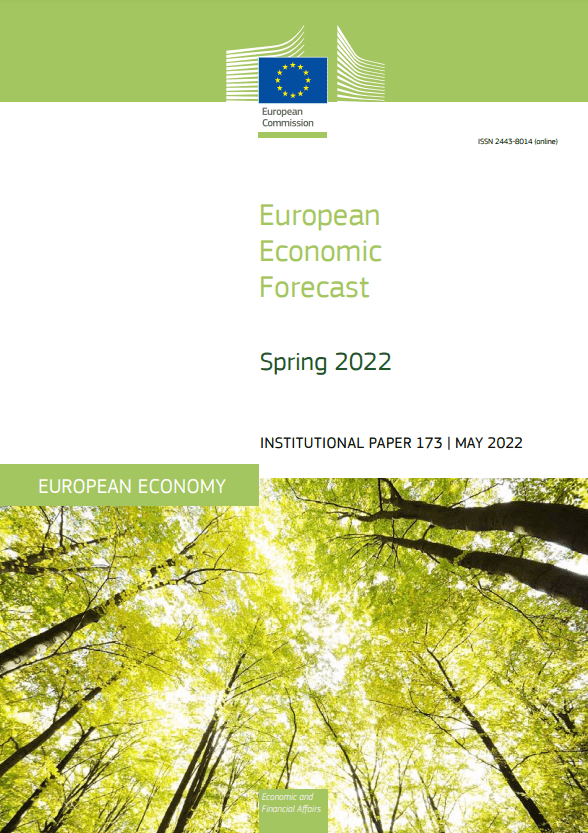In its 2022 European Semester spring package, the European Commission has provided Member States with support and guidance on tax policy.
Fiscal policy guidance
The activation of the general escape clause of the Stability and Growth Pact in March 2020 allowed Member States to react swiftly and adopt emergency measures to mitigate the economic and social impact of the pandemic. Coordinated policy action cushioned the economic blow and paved the way for a robust recovery in 2021.
Policies to mitigate the impact of higher energy prices and support those fleeing Russia’s military aggression against Ukraine will contribute to an expansionary fiscal stance in 2022 for the EU as a whole.
The specific nature of the macroeconomic shock imparted by Russia’s invasion of Ukraine, as well as its long-term implications for the EU’s energy security needs, call for a careful design of fiscal policy in 2023. Fiscal policy should expand public investment for the green and digital transition and energy security. Full and timely implementation of the RRPs is key to achieving higher levels of investment. Fiscal policy should be prudent in 2023, by controlling the growth in nationally financed primary current expenditure, while allowing automatic stabilisers to operate and providing temporary and targeted measures to mitigate the impact of the energy crisis and to provide humanitarian assistance to people fleeing from Russia’s invasion of Ukraine. Moreover, Member States’ fiscal plans for next year should be anchored by prudent medium-term adjustment paths reflecting fiscal sustainability challenges associated with high debt-to GDP levels that have increased further due to the pandemic. Finally, fiscal policy should stand ready to adjust current spending to the evolving situation.

European Economic Forecast. Spring 2022
|
The Commission considers that the conditions to maintain the general escape clause of the Stability and Growth Pact in 2023 and to deactivate it as of 2024 are met. Heightened uncertainty and strong downside risks to the economic outlook in the context of war in Ukraine, unprecedented energy price hikes and continued supply chain disturbances warrant the extension of the general escape clause through 2023. The continued activation of the general escape clause in 2023 will provide the space for national fiscal policy to react promptly when needed, while ensuring a smooth transition from the broad-based support to the economy during the pandemic times towards an increasing focus on temporary and targeted measures and fiscal prudence required to ensure medium-term sustainability.
The Commission will provide orientations on possible changes to the economic governance framework after the summer break and well in time for 2023.
Remarks by Commissioner Gentiloni at the Eurogroup press conference
Paolo Gentiloni, Commissioner for Economy, said:
“Ever since the first weeks of the pandemic more than two years ago, the EU and national governments have delivered strong and coherent policy support to our economies, helping to sustain a swift recovery. Today, our common priorities are investment and reform. This is reflected in the recommendations presented today, with their clear focus on the implementation of national recovery and resilience plans and on the energy transition. Fiscal policies should continue to transition from the universal support provided during the pandemic to more targeted measures. As we navigate the new period of turbulence caused by Russia’s invasion of Ukraine, governments must also have the flexibility to adapt their policies to unpredictable developments. The extension of the general escape clause to 2023 recognises the high uncertainty and strong downside risks in a situation where the state of the European economy has not normalised.”
More information: European Commission – Press release







Leave a Reply